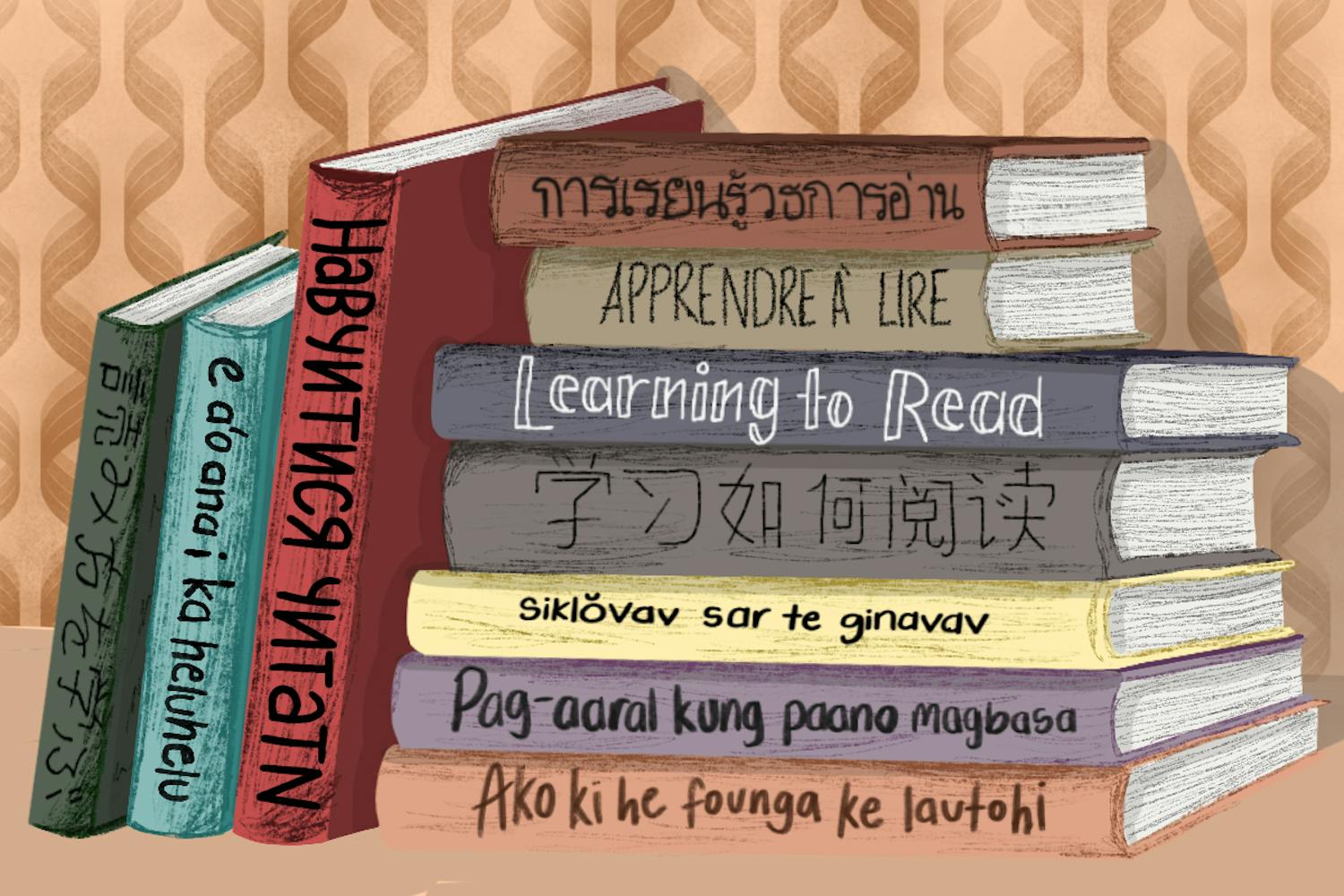Caffeine-laden, nerve-wracking all-nighters are an element of academic life with which college students are all too familiar. Professors and life-coaches alike will often castigate procrastination as the easily avoidable scapegoat for such trying times.
This time-wasting scourge is not entirely uncommon, either. According to Piers Steel, a University of Calgary psychologist, 80 to 95 percent of U.S. college students procrastinate.
Insisting that such activity is deleterious to the success of the student, however, is far too hasty of a generalization. This becomes an issue of semantics, then, because procrastination does not necessarily abide by its commonly negative connotation. Certain people just genuinely operate better under pressure—even when it is self-inflicted.
Joseph Ferrari, an associate professor of psychology at DePaul University, said in a 2003 interview that, “Telling someone who procrastinates to buy a weekly planner is like telling someone with chronic depression to just cheer up.”
So rather than dismissing procrastination as merely a passing phase or a symptom of academic negligence, it ought to be considered as a potential trait to cultivate.
The underlying assumption in condemning procrastination is that it has a detrimental effect on the student’s overall performance and quality of the work. That, however, only occurs when a student employs procrastination poorly.
Timothy Pychyl, an associate professor of psychology at Carleton University, and his colleague Fuschia Sirois conducted a study indicating that there was no correlation between the amount students procrastinated and their grade point averages.
Given, putting off assignments until the last minute can result in disastrous consequences, but, when utilized deliberately, procrastination can actually be an effective time manager.
Steven Prentice, time management expert and author of “Cool Time: A Hands-on Plan for Managing Work and Balancing Time,” has related some revolutionary thoughts on the matter.
In a 2010 article he said, "In a high-speed age, people still demand and expect quality. Often, taking time to correctly prioritize and schedule your activities allows quality to shine through. As long as someone is able to prove that their procrastination has a strategic value, then they can feel both proud and justified."
In order to procrastinate with finesse, students must learn to produce the same high-quality work in a few hours as they would if they had spent weeks on it as advised.
Students are often encouraged to incrementally work their way over time toward achieving a goal or accomplishing a task. However, the luxury of having weeks or even months to meet a deadline will not always be so readily available. Thus, learning to operate well under pressure is a vital life skill that will benefit students later in life.
So fear not, indefatigable patrons of the wee morning hours — your efforts are not in vain.
Julie can be reached at: Julianna.Roberts@asu.edu



